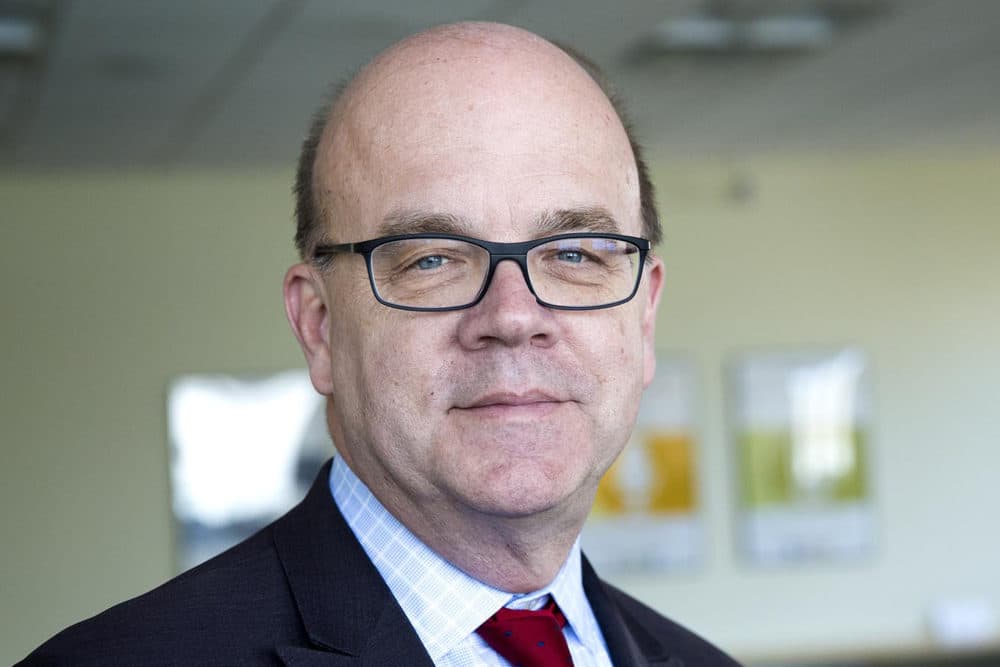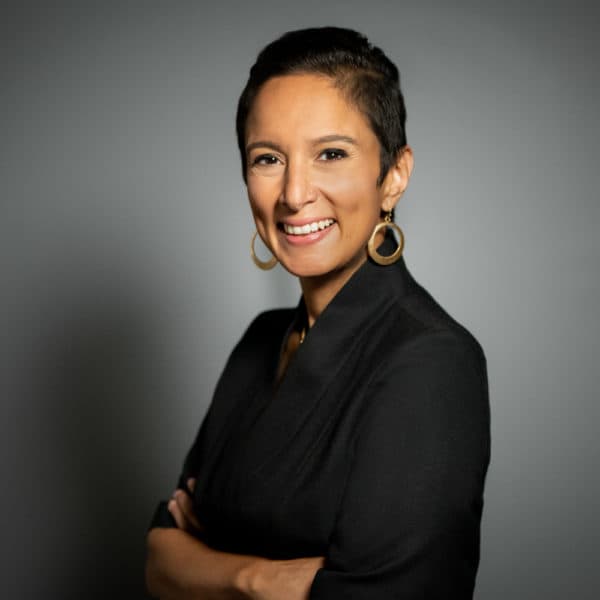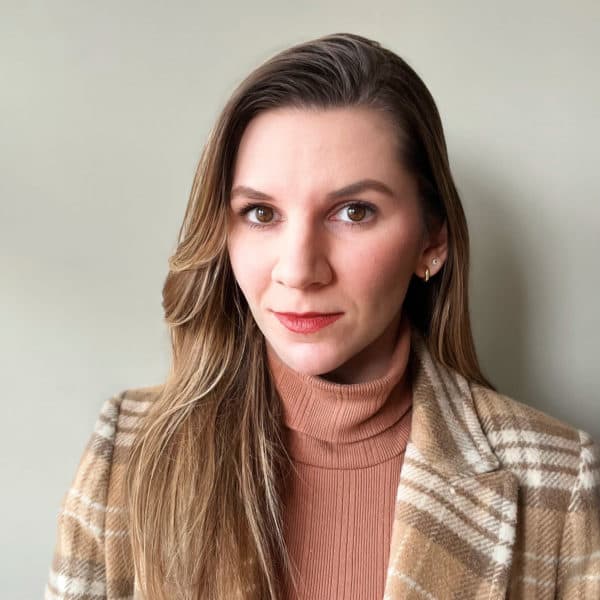Advertisement
Rep. McGovern says U.S. only needs 'political will' to end hunger by 2030
Resume
The White House is hosting a national conference on Wednesday, focused on ending hunger and food insecurity in the United States by 2030.
The first and only Conference on Food Nutrition and Health was hosted by then-President Richard Nixon in 1969. It resulted in the creation of the Women, Infants, and Children program, which provides food to half the infants in the country. It also paved the way for SNAP benefits, like food stamps.
In its most recent report on food insecurity, the Greater Boston Food Bank found enrollment in SNAP by Massachusetts residents rose nine percentage points between 2020 and 2021. It also found one-third of adults in the state experienced food insecurity last year.
Massachusetts Congressman Jim McGovern helped spearhead Wednesday's conference. He joined WBUR's Morning Edition host Rupa Shenoy to discuss the effort.
Below are highlights from their conversation, which have been lightly edited.
Interview Highlights
On what needs to happen to meet the conference's goal of ending hunger in the United States by 2030
"It's an ambitious goal, but it's a realistic goal. We have a hunger problem in the United States of America. Nearly 40 million Americans don't know where their next meal is going to come from, and hunger is a political condition. We have an abundance of food, we have the resources, we have the infrastructure. We have everything but the political will. One of the reasons why I pushed for this White House conference is because I think it is shameful that in the richest country in the history of the world, so many people are hungry."
On why it is important for the conference to make a return this year
"The last conference was in 1969. That was a time when we used to think big things. Don't forget, 1969 was the year we landed a man on the moon. We started to make some significant progress in the aftermath of that conference, but over the years, that progress began to erode, and we started to backslide. In Washington, we tend to deal with issues in a very siloed fashion. If you want to talk about SNAP, you talk to the Agriculture Committee, but if you want to talk about school feeding, that's the Education and Labor Committee. And if you want to talk about food as medicine, that's the Energy and Commerce Committee. This is an opportunity to connect the dots. This conference will get everybody in the room, including state and local leaders, the nonprofit sector, the faith-based sector, and the private sector. We all have a role to play, and if we all put something on the table, we can actually solve this problem."
"There's a human cost to it. It's painful when families struggle with hunger and food insecurity."
On lessons the COVID-19 pandemic provided about food and health in the U.S.
"We had a hunger problem before the pandemic, but the pandemic made things worse. Families that never had to deal with hunger or food insecurity all of a sudden found themselves in a very, very precarious position. So, the awareness and the attention to this issue grew. We did some things during the pandemic that we should continue post-pandemic. I want to commend the Massachusetts state Legislature for extending the universal free school breakfast and lunch program for at least another year — I want that to be permanent. We have the healthy incentives program in Massachusetts, which increases your SNAP purchasing power if you purchase fruits and vegetables that are at a farmer's market. Those are the kinds of things that we ought to continue and expand and they ought to be done nationwide."
On the compounding effects of food insecurity and hunger in Massachusetts and the United States.
"There's a human cost to it. It's painful when families struggle with hunger and food insecurity. My wife and I raised two kids, and I would be out of my mind if I didn't know whether or not I could put food on the table when they were growing up. The other thing is, kids who go to school hungry don't learn, and workers who go to work hungry are less productive. There are also a whole bunch of avoidable health care costs that are associated with hunger and food insecurity. It's really imperative for us to deal with this issue, not just because we have a moral obligation, but because I think it's the fiscally appropriate and responsible thing to do."
This segment aired on September 28, 2022.

